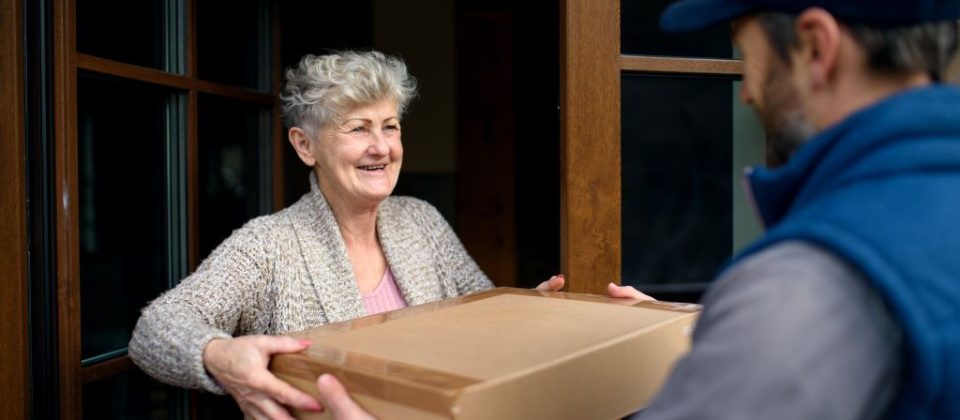Home / Aging & Health / Medicaid Estate Recovery FAQ
Should I be worried about Medicaid Estate Recovery?
When a person receives Medicaid care when they are over age 55, in a nursing facility, or through a Medicaid Waiver Program such as PASSPORT of the Assisted Living Waiver, the State of Ohio pays for that care and will seek to recover that cost after the beneficiary’s death. It is important to remember that every family situation is different. Depending on your situation, you should get more information on how MER might impact you.

